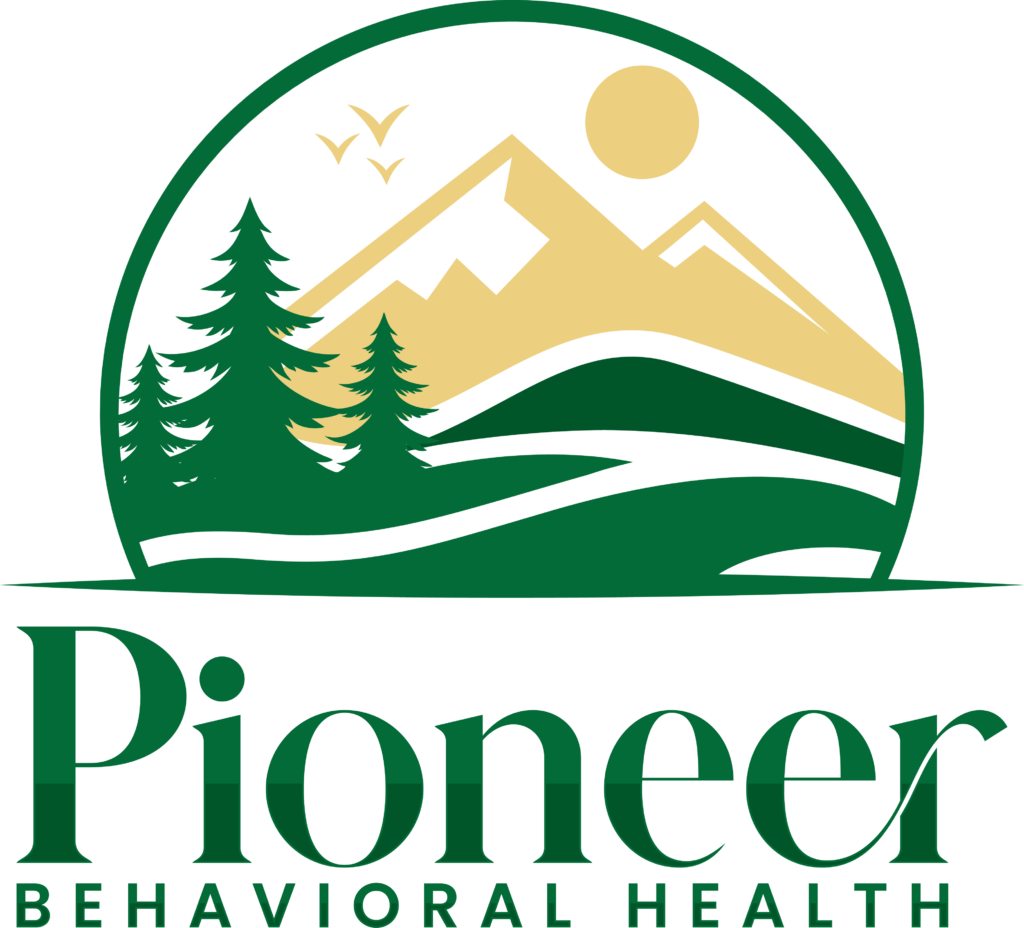Adderall, a prescription stimulant commonly used to treat Attention Deficit Hyperactivity Disorder (ADHD) and narcolepsy, can be a highly effective medication when used properly. However, it also has a significant risk of misuse and addiction. At Pioneer Behavioral Health, we understand the challenges that come with stimulant dependence and are here to guide you toward a healthier, addiction-free life. Below, you’ll find essential information about Adderall addiction, how to recognize signs of misuse, and the most effective strategies for overcoming it.
1. Understanding Adderall and Its Risks
What is Adderall?
Adderall is a combination of amphetamine and dextroamphetamine. When prescribed correctly, it can enhance focus and reduce impulsivity. However, because it stimulates the central nervous system, some individuals may misuse Adderall in pursuit of heightened alertness or productivity.
Why is it addictive?
- Brain Chemistry: Adderall increases levels of dopamine and norepinephrine, which can create feelings of well-being and energy.
- Tolerance and Dependence: Over time, you may require higher doses to achieve the same effects, leading to physical and psychological dependence.
- Misuse Factors: People often start misusing Adderall to improve academic or work performance, or to manage stress—but regular misuse can quickly lead to addiction.
2. Recognizing the Signs of Adderall Addiction
Physical Signs
- Rapid heartbeat or palpitations
- Insomnia or restless sleep
- Frequent headaches and unexplained exhaustion
- Weight loss or decreased appetite
Behavioral Signs
- Taking more Adderall than prescribed or “doctor shopping” for multiple prescriptions
- Using Adderall to stay awake for extended periods, meet deadlines, or lose weight
- Experiencing intense cravings and withdrawal symptoms (e.g., fatigue, depression)
- Neglecting personal or professional responsibilities due to drug use
If these signs feel familiar, it’s crucial to seek help sooner rather than later. The longer an Adderall addiction goes untreated, the more difficult recovery can become.
3. The Dangers of Untreated Adderall Addiction
Prolonged misuse of Adderall can have serious consequences for both mental and physical health:
- Cardiovascular Problems: High blood pressure, increased heart rate, and a higher risk of heart attack or stroke.
- Mental Health Struggles: Heightened anxiety, paranoia, or mood swings; in some cases, psychosis can develop.
- Relationship Strain: Addiction can lead to social isolation, fights with loved ones, or job loss.
- Risk of Polydrug Use: Some individuals turn to other substances—such as alcohol or benzodiazepines—to “come down,” creating a dangerous cycle of multiple addictions.
4. Steps to Stop Adderall Addiction
A. Acknowledge the Problem
The first step is recognizing that your Adderall use is no longer under control. This self-awareness often develops after noticing negative impacts on work, relationships, or overall well-being.
B. Seek Professional Help
- Medical Evaluation: Always consult a healthcare professional before reducing or stopping Adderall. Abruptly quitting can lead to withdrawal symptoms like severe fatigue, depression, and anxiety.
- Inpatient or Outpatient Programs: At Pioneer Behavioral Health, we offer both residential and outpatient treatment options. These structured programs include counseling, support groups, and strategies to manage cravings.
C. Consider Tapering
- Why Tapering is Important: Stimulant withdrawal can be physically and mentally challenging. Gradually reducing Adderall dosage under medical supervision can help minimize discomfort and the risk of relapse.
- Medication Management: In certain cases, healthcare providers may suggest alternative medications to help stabilize mood or support focus during withdrawal.
D. Engage in Therapy
- Cognitive Behavioral Therapy (CBT): CBT helps identify the thought patterns and triggers that lead to misuse. By replacing negative habits with healthy coping strategies, you can sustain recovery long-term.
- Motivational Interviewing (MI): This counseling method helps you strengthen your resolve to quit, set actionable goals, and build intrinsic motivation for change.
- Group and Family Therapy: Addiction doesn’t just affect the individual — it impacts loved ones as well. Group or family therapy sessions can foster understanding, mend relationships, and create a broader support network.
E. Build a Support System
- Friends and Family: Share your journey with those you trust, and lean on them during moments of weakness.
- Support Groups: Meetings, like those from SMART Recovery or local 12-step groups, offer a sense of community and shared experiences.
- Ongoing Aftercare: Recovery is an ongoing process. Continued counseling or aftercare programs can help prevent relapse by keeping you accountable and supported.
5. Healthy Alternatives and Coping Skills
Exercise and Nutrition
Regular physical activity boosts mood and reduces stress. Combine exercise with a balanced diet to maintain energy levels without relying on stimulants.
Mindfulness and Meditation
Techniques like deep breathing, guided imagery, and progressive muscle relaxation can reduce anxiety, improve focus, and lessen cravings.
Time Management
Set achievable goals and prioritize tasks to manage stress effectively without using Adderall as a “quick fix” for productivity.
Sleep Hygiene
Create a restful bedroom environment—limit screen time before bed and maintain a regular sleep schedule. Adequate sleep can reduce the temptation to rely on stimulants to stay alert.
6. When to Reach Out for Immediate Help
If you’re experiencing severe withdrawal symptoms, suicidal thoughts, or any other form of mental health crisis, it’s vital to seek immediate professional assistance.
- National Suicide and Crisis Lifeline (U.S.): Dial 988
- SAMHSA Helpline: 1-800-662-4357
7. Pioneer Behavioral Health’s Approach to Stimulant Addiction
At Pioneer Behavioral Health, our qualified team of clinicians, therapists, and support staff is dedicated to helping you break free from Adderall addiction. We offer:
- Personalized Treatment Plans: Tailored assessments and evidence-based interventions that address your unique needs.
- Holistic Care: Incorporating therapy, nutrition, and wellness activities to treat the whole person—not just the addiction.
- Continuing Support: Aftercare programs ensure that you have resources to maintain a healthy, drug-free life post-treatment.
Final Thoughts
Adderall addiction can feel overwhelming, but recovery is within reach with the right support, treatment, and mindset. By acknowledging the problem, seeking professional care, and building healthier coping strategies, you can reclaim your well-being and lead a fulfilling life without reliance on stimulants. If you or someone you know is ready to take the next step toward freedom from Adderall addiction, don’t hesitate to contact Pioneer Behavioral Health for a confidential assessment and personalized guidance.
Disclaimer:
This blog is for informational purposes only and not intended as medical advice. Always consult a healthcare professional for any concerns related to substance use or mental health. If you or someone you know is in immediate danger, please call 911 or go to the nearest emergency department.


